Arafat Ahsan
Towards Large Language Model driven Reference-less Translation Evaluation for English and Indian Languages
Apr 03, 2024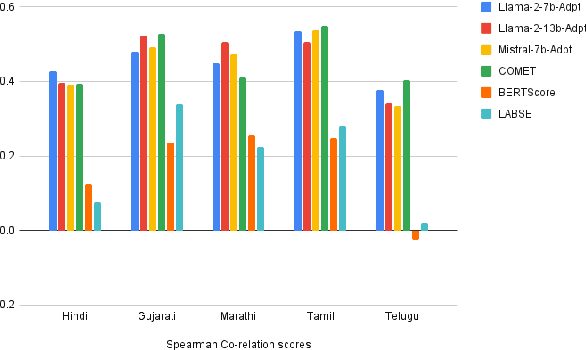
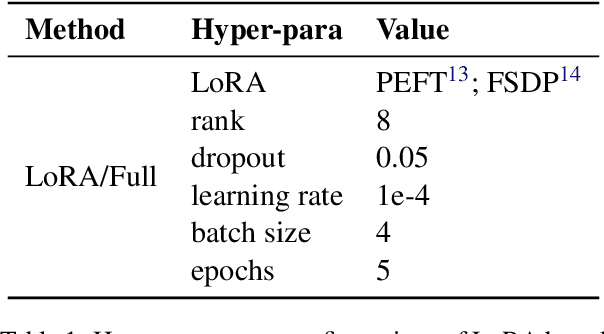

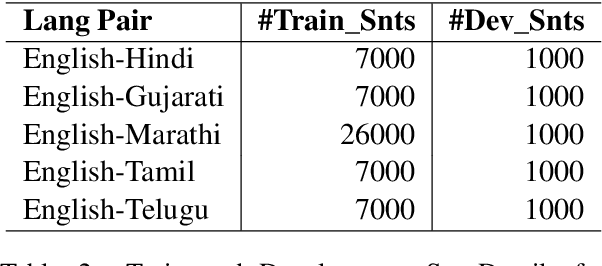
Abstract:With the primary focus on evaluating the effectiveness of large language models for automatic reference-less translation assessment, this work presents our experiments on mimicking human direct assessment to evaluate the quality of translations in English and Indian languages. We constructed a translation evaluation task where we performed zero-shot learning, in-context example-driven learning, and fine-tuning of large language models to provide a score out of 100, where 100 represents a perfect translation and 1 represents a poor translation. We compared the performance of our trained systems with existing methods such as COMET, BERT-Scorer, and LABSE, and found that the LLM-based evaluator (LLaMA-2-13B) achieves a comparable or higher overall correlation with human judgments for the considered Indian language pairs.
Assessing Post-editing Effort in the English-Hindi Direction
Dec 18, 2021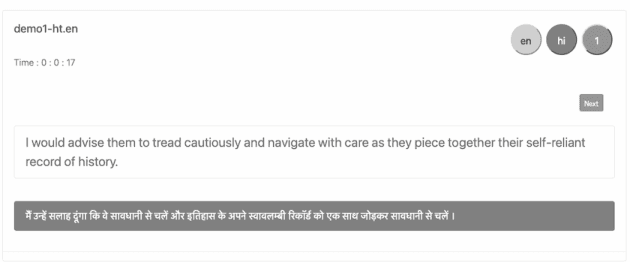

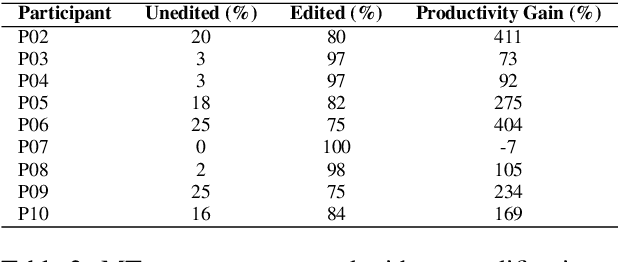
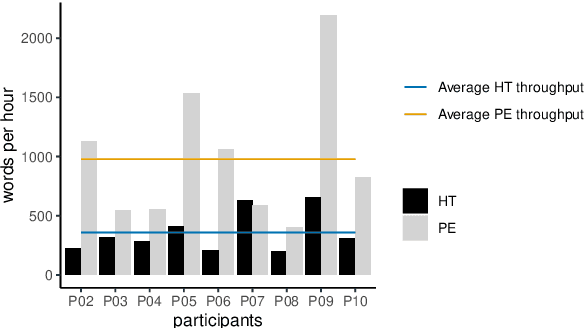
Abstract:We present findings from a first in-depth post-editing effort estimation study in the English-Hindi direction along multiple effort indicators. We conduct a controlled experiment involving professional translators, who complete assigned tasks alternately, in a translation from scratch and a post-edit condition. We find that post-editing reduces translation time (by 63%), utilizes fewer keystrokes (by 59%), and decreases the number of pauses (by 63%) when compared to translating from scratch. We further verify the quality of translations thus produced via a human evaluation task in which we do not detect any discernible quality differences.
 Add to Chrome
Add to Chrome Add to Firefox
Add to Firefox Add to Edge
Add to Edge